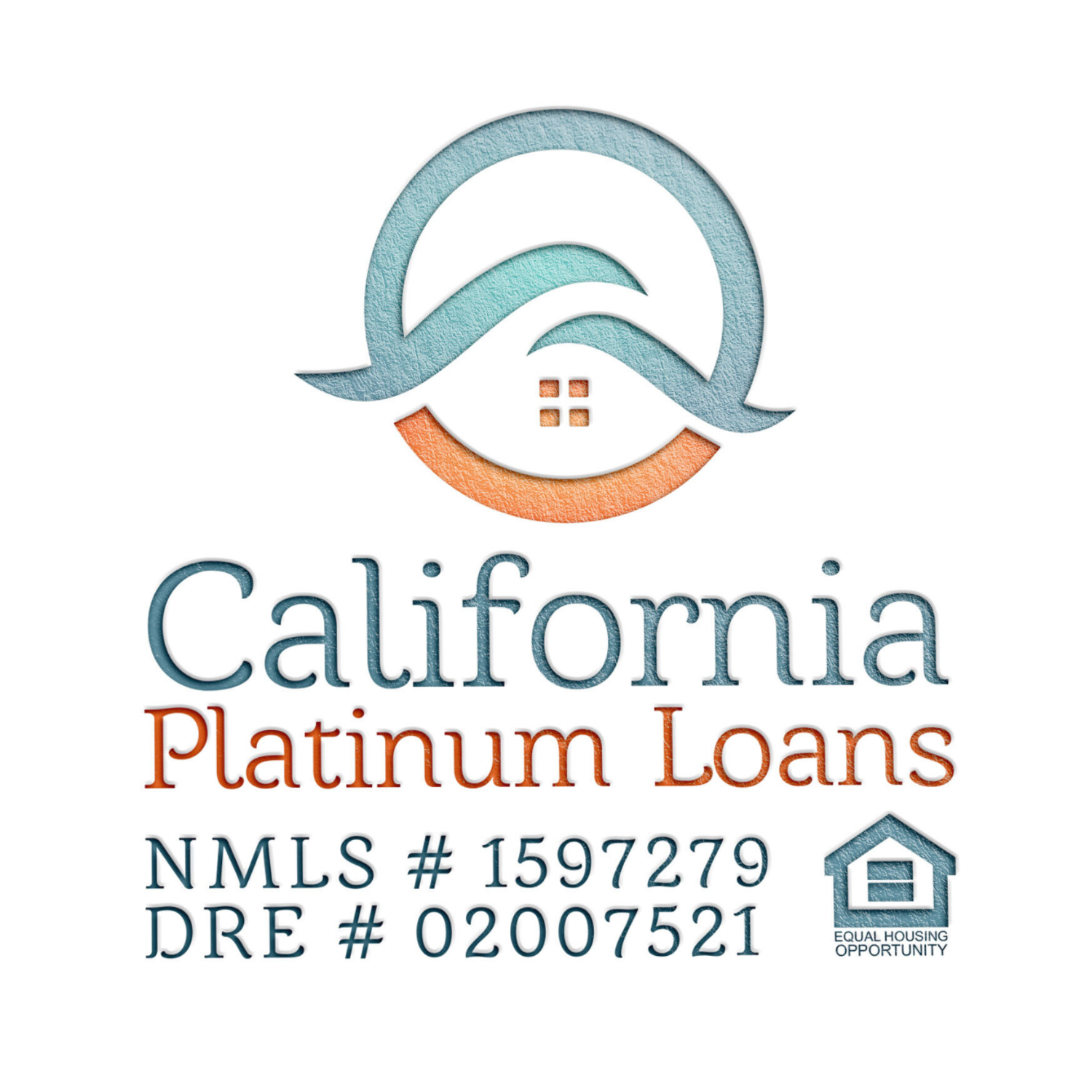Navigating the Mortgage Application:
Pre-Qualification Explained Pre-qualification marks the initial phase of the mortgage application process. It requires submitting basic financial details to your lender, such as income, assets, and liabilities. Based on this data, your lender will estimate your potential mortgage borrowing capacity.
The pre-qualification process is quick and straightforward, helping you gauge the price range to consider while searching for a property in Los Angeles. However, it doesn’t guarantee mortgage approval since the lender still needs to verify your provided information.
Diving Deeper:
The Pre-Approval Process Pre-approval is a more comprehensive procedure requiring submitting a mortgage application and furnishing supporting documents to your lender. This may encompass tax returns, pay stubs, bank statements, and other financial records. The lender will then authenticate your income, assets, and debts and examine your credit report.
Upon reviewing your application and documentation, the lender will issue a pre-approval letter. This document specifies the amount you’re pre-approved to borrow, the interest rate and other loan terms.
Pre-approval signifies a more substantial commitment from the lender than pre-qualification, giving you a competitive edge while shopping for a home in Los Angeles. A pre-approval letter demonstrates your seriousness as a buyer and can facilitate better negotiation with sellers.
The Importance of Pre-Approval and Pre-Qualification in Los Angeles Real Estate Pre-qualification and pre-approval are vital steps in the mortgage application process. While pre-qualification helps identify a suitable price range, pre-approval strengthens your negotiating position.
Moreover, pre-qualification and pre-approval enable you to comprehend your budget and financial attaining pre-qualification or pre-approval, you’ll gain a clearer understanding of your affordability and potential monthly payments.
Lastly, pre-qualification and pre-approval can streamline home-buying, saving you time and minimizing stress. With a clear idea of your budget and a pre-approval letter, you can concentrate on finding the perfect home in Los Angeles without wasting time on properties beyond your means.
Deciphering the Difference:
Pre-Qualification vs Pre-Approval Comprehending the distinction between pre-qualification and pre-approval is crucial for navigating the mortgage application process in Los Angeles. Pre-qualification offers a preliminary idea of your affordability, while pre-approval involves a more detailed evaluation, resulting in a more substantial commitment from the lender. By obtaining pre-qualification or pre-approval, you can better understand your financial situation, save time, and gain an advantage when making an offer on a property.
For seamless pre-qualification and pre-approval processes, contact us so we can guide you through the home-buying journey.



